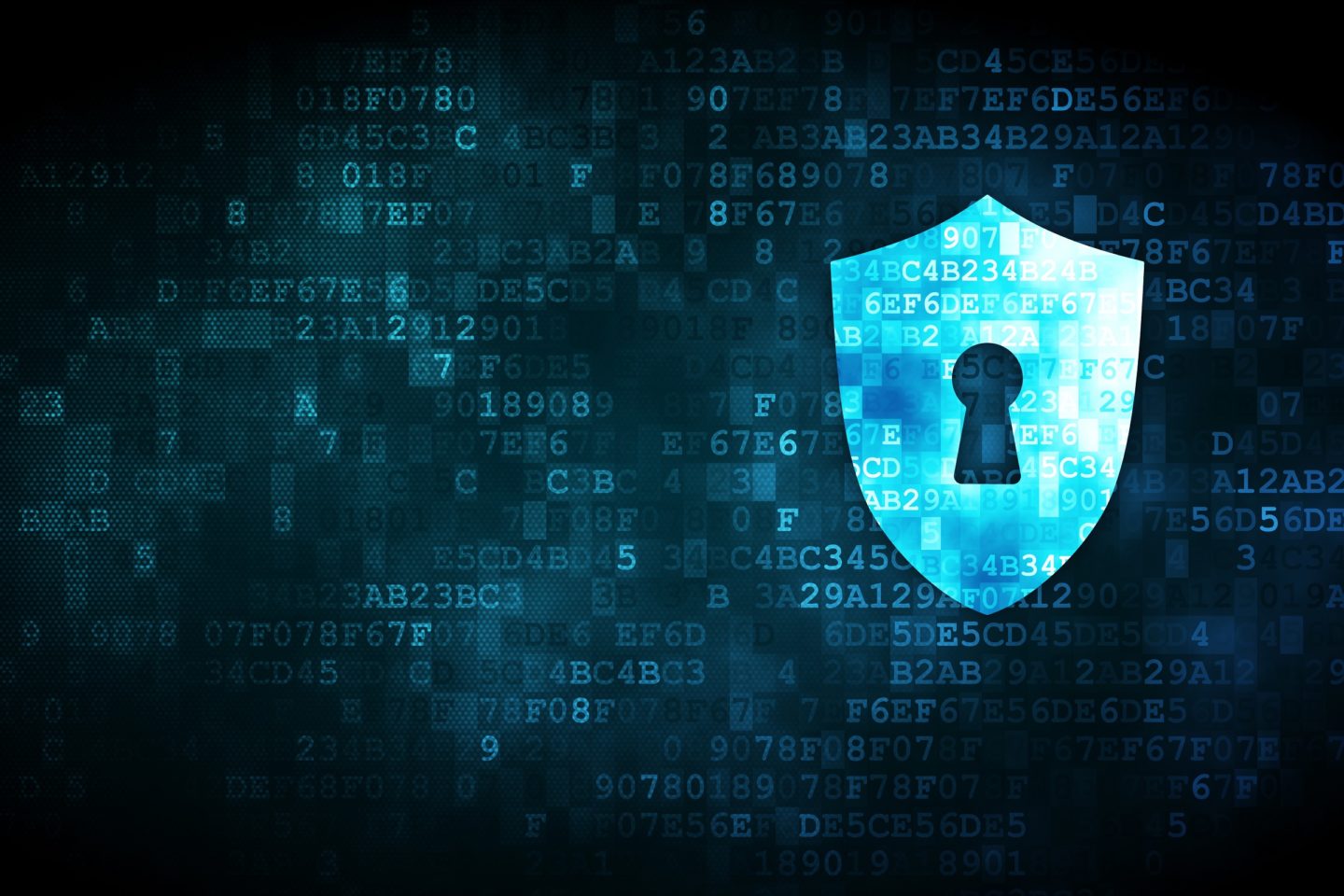Cybersecurity, because analysts beat Lockheed Martin, Bae and Thales

Here the companies are not included in the cybersecurity sector even if they claim otherwise. Marco Vignali's article for Mf / Milano Finanza
The cybersecurity industry has attracted a lot of attention from investors in recent times. There is no doubt that the industry is on the verge of a huge wave of growth, including following some very serious data breaches recently, such as those suffered by easyJet, Twitter, Instagram, TikTok, Marriott and Experian.
Even just out of fear of having to pay hefty fines (as happened to BA, which was charged a modest £ 183 million for a 2018 data breach), companies are likely to significantly increase their spending on the industry. IT in the coming months and years to come.
From companies building cloud firewalls, such as Cloudflare, to those developing crowdsourced endpoint security tools like CrowdStrike, to those working on consumer-oriented privacy software like Avast, the cybersecurity industry seems to be in able to bring out a new giant at any moment.
2019 saw numerous IPOs from several new companies, including identity access management company Ping Identity, a leading exponent of a particularly hot segment in this boom time of remote working. As highlighted by Rize ETF, a company established in Great Britain and specializing in thematic ETFs, with the entry of these new companies into public markets, the major IT security players had to keep pace on the innovation front: "Many have recalibrated their businesses, reinventing themselves as something new. Still others have fallen behind. The shift from traditional corporate security to cloud-native security has created many zombie companies ”. Likewise, the advent of artificial intelligence and the accelerated shift to predictive security models have left many traditional players scratching their heads for new ideas, ”a company study reads.
For investors, however, grasping the growth of the industry successfully is far from simple. As in any self-respecting innovation, distinguishing and identifying the companies that are part of it from those that follow the trend is really difficult. In such a rapidly changing environment, therefore, separating true cybersecurity companies from generalist security companies represents a decidedly difficult challenge. "With almost all companies in the broader" security "category claiming to be next-generation IT security specialists. , true cybersecurity companies with unique and sustainable competitive advantages have been overshadowed by the biggest giants and their enticing digital marketing campaigns, ”highlights Rahul Bhushan, co-founder of Rize Etf.
“This”, continues the expert, “is particularly evident in the defense subsector”. Simultaneously with the cybersecurity boom of recent years, a large number of traditional "defense" firms have repackaged and resold themselves to the market as cybersecurity specialists. The consequences for investors are important: they risk being exposed to companies that not only have little to do with cyber security, but above all that have a rather questionable ESG track record, which is not too unusual for companies in the defense sector " .
For this reason, it is crucial for investors to evaluate their cybersecurity exposure to ensure that they are exposed to only the most interesting and exciting pureplay companies in the industry. “We need to shed some light on defense companies that regularly appear in the cybersecurity category and that investors should pay attention to. In fact, taking a quick look at their balance sheets, you can see a very negligible revenue exposure to cybersecurity, ”says Bhushan.
Among the list of these "risk companies" are the companies Lockheed Martin and General Dynamics in the United States, Bae Systems in the United Kingdom, Rheinmetall in Germany and Thales in France. “From an esg perspective, investments in these companies simply don't make sense and should therefore be excluded from cybersecurity exposures. This is without even considering the exposure of revenues to cybersecurity, which at best is small ”underlines the founder of Rize Etf.
Analyzing the data reported, in fact, it turns out that only for three out of eight companies the exposure to cybersecurity revenues is higher than 5%. Furthermore, in all three cases, this value does not exceed 10%. While in the case of Lockheed Martin, the resulting revenues are estimated to be less than 1%, for the remaining four companies no revenues related to these activities were recognized.
(Extract from an article published on MF / Milano Finanza)
This is a machine translation from Italian language of a post published on Start Magazine at the URL https://www.startmag.it/innovazione/cybersecurity-perche-gli-analisti-picchiano-lockheed-martin-bae-e-thales/ on Mon, 09 Nov 2020 13:00:57 +0000.
